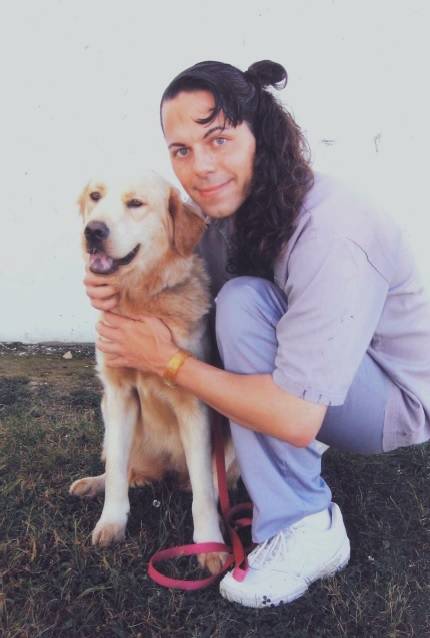This post was authored by Lambda Legal client Jessica Hicklin, a 37-year-old transgender woman incarcerated at the Potosi Correctional Center, a facility for male inmates, in Mineral Point, Missouri.
When I was 16, I was convicted of first-degree murder and criminal action and sentenced to life without the possibility of parole, plus 100 years. In the 21 years since then, I have been incarcerated at Potosi Correctional Center (PCC), a maximum-security prison in Mineral Point, Missouri for male inmates.
At the sentencing, I didn’t feel anger or sadness. Instead, I was relieved.
Even at 16, I felt I was on my way to certain death. I didn’t know what gender dysphoria was, or how to explain my feelings to my family or others in my small town. But I had felt I was a girl since I was very young, even though I was assigned the male sex at birth. Also a victim of abuse as a child, I turned to drug use to cope with my pain. My life then was filled with chaos, and learning I would spend the rest of it in prison, in a tragic way, felt like my escape.
At 16, the magnitude of my situation did not immediately strike me. After some time at PPC, the reality of my life in prison sunk in. PCC is a death-row prison: an ugly, dark, and violent place. Within my first two years of incarceration, I was sexually assaulted three times.
I languished in the closet for years, afraid of what might happen if I had the courage to live my truth as a transgender woman. Would I be safe? Would people understand?
I spent many years this way, grappling with these questions, eventually telling myself that I could not continue to live in a body that does not reflect who I really am. For me, the fear of living the rest of my life like that was worse than the fear of sexual assault and people knowing the truth.





